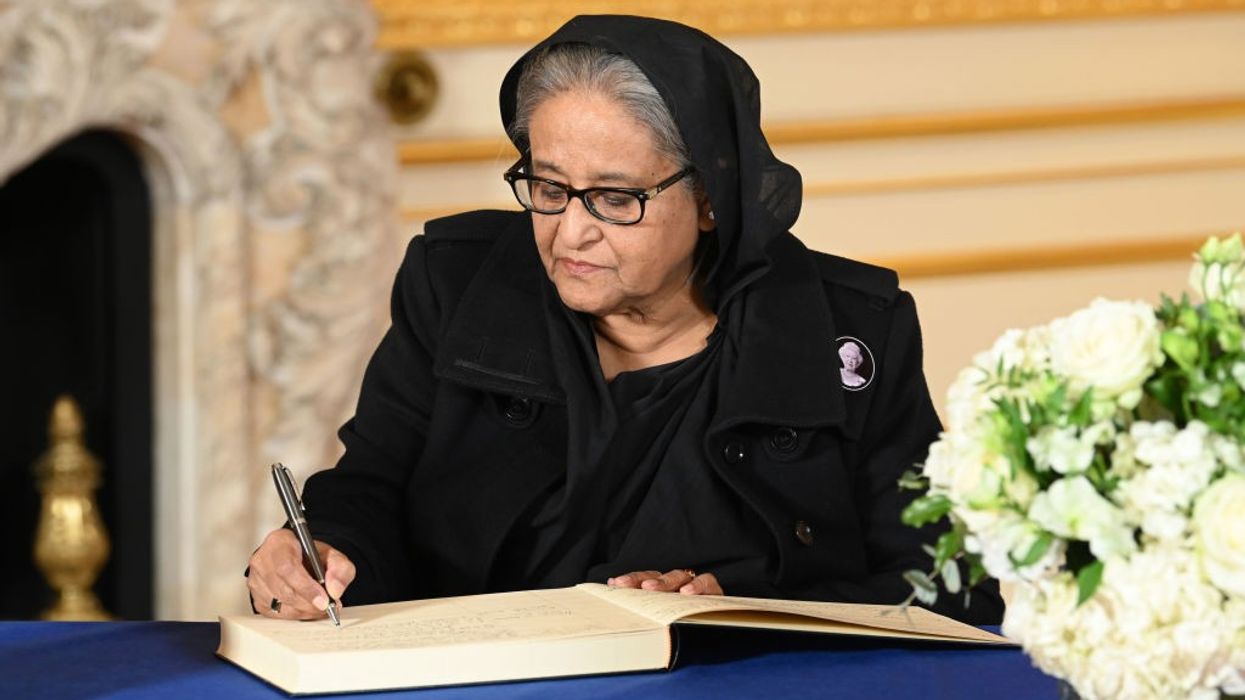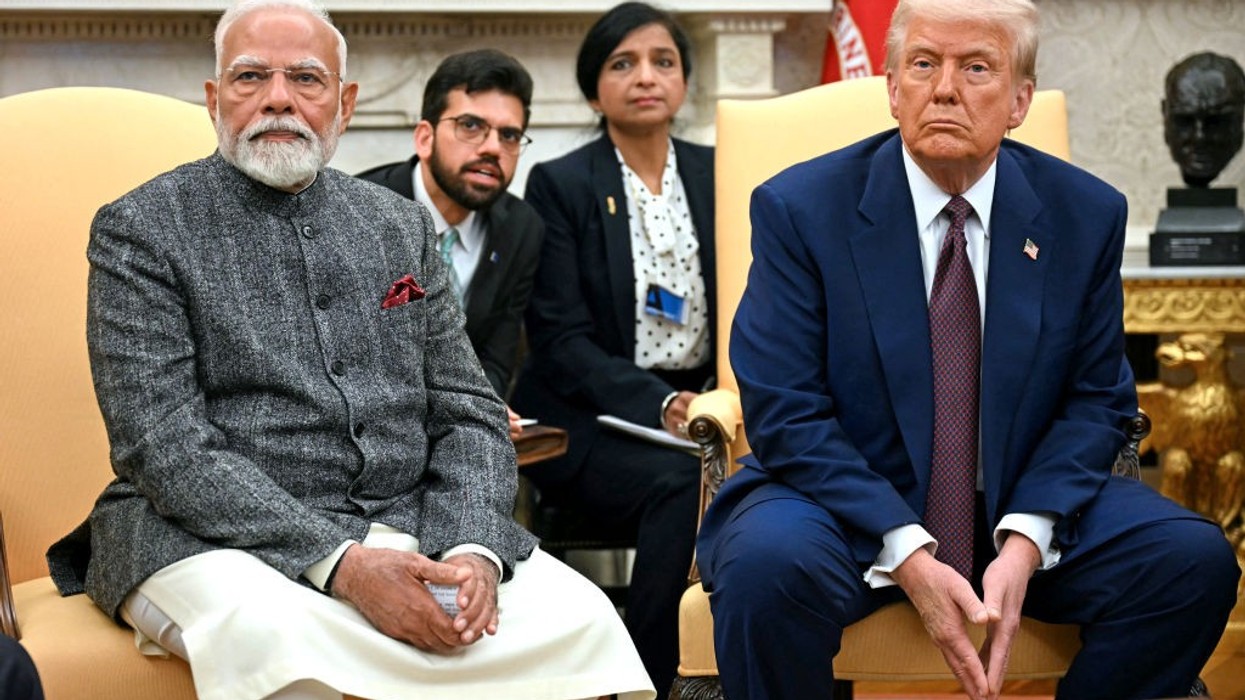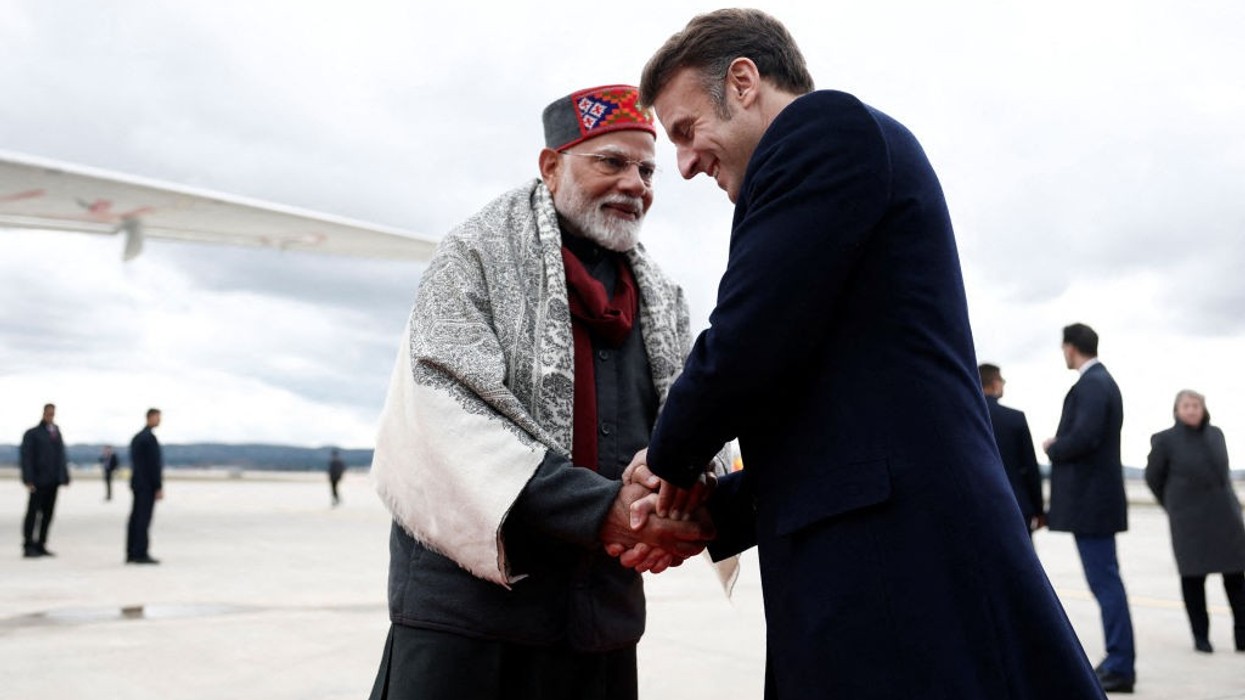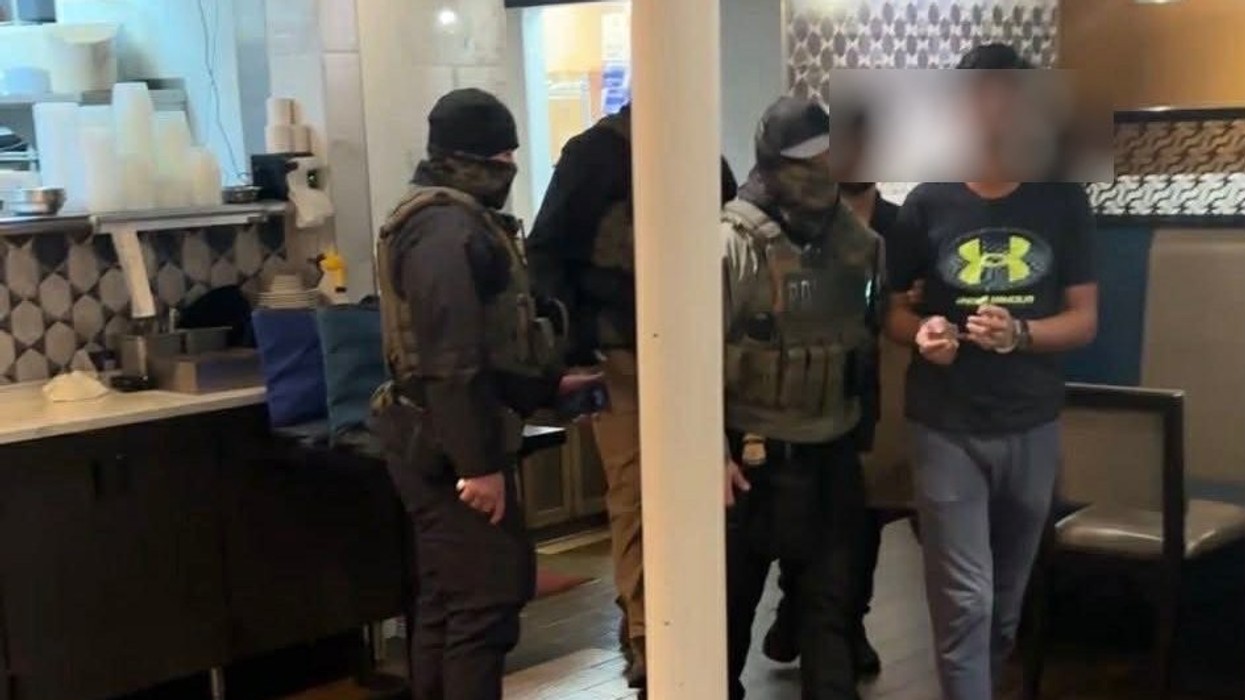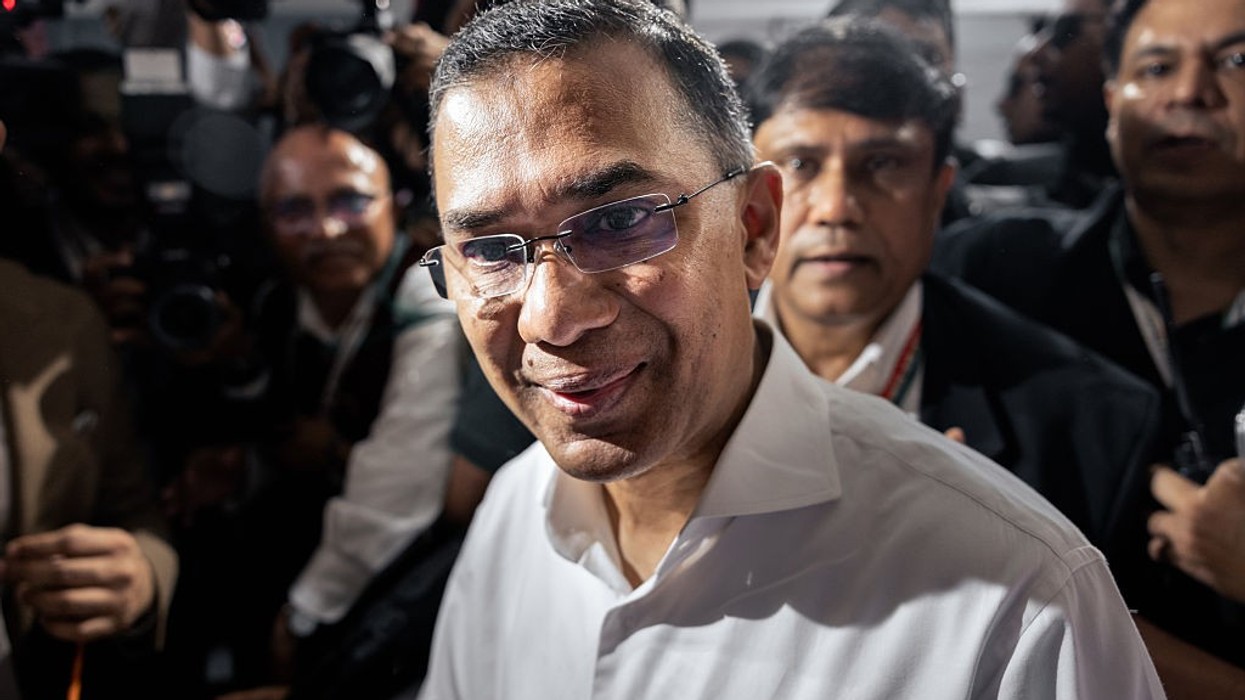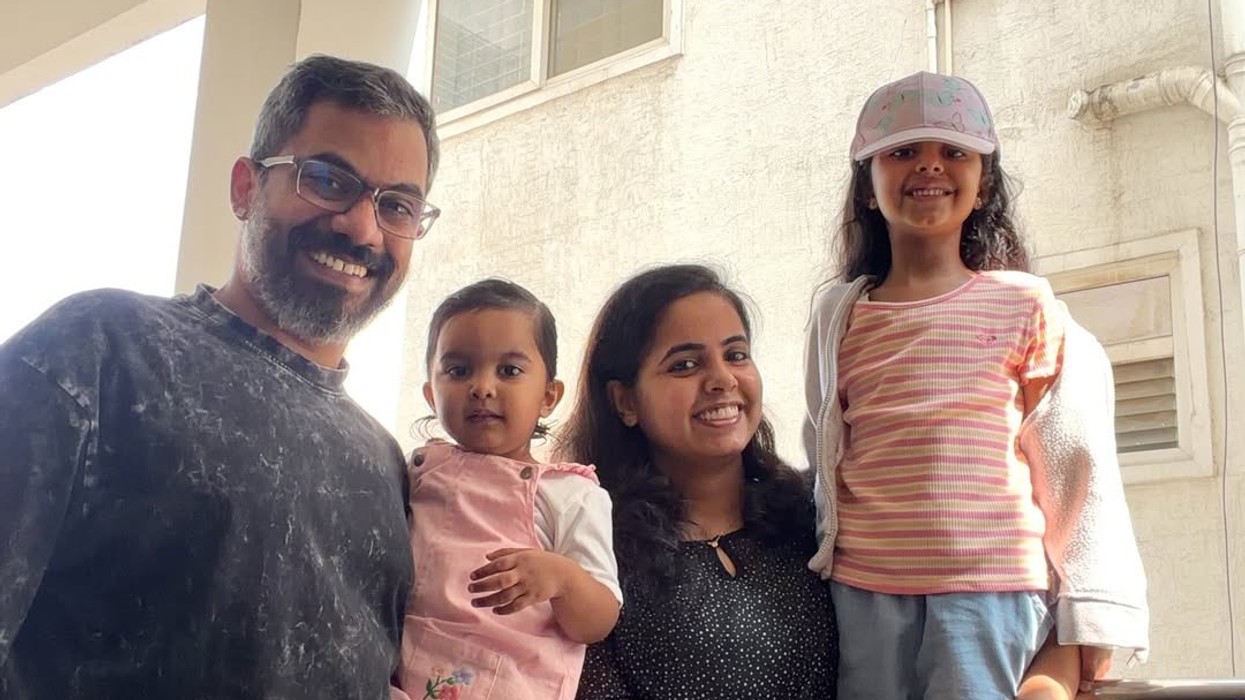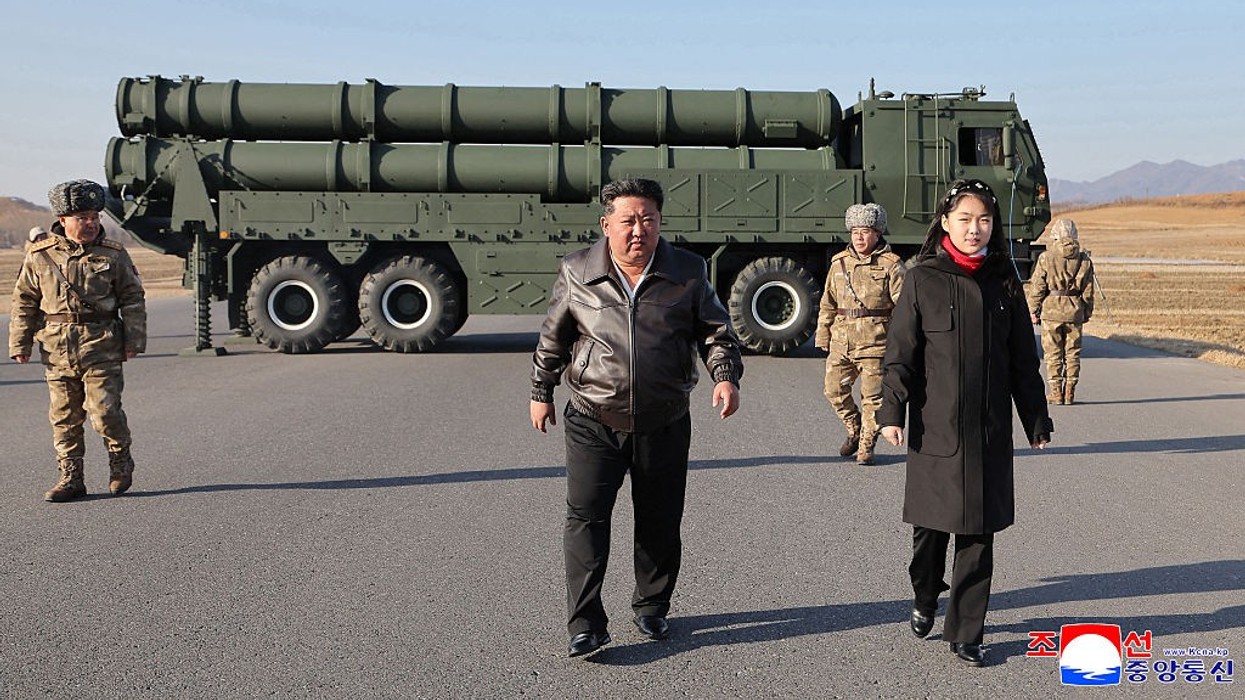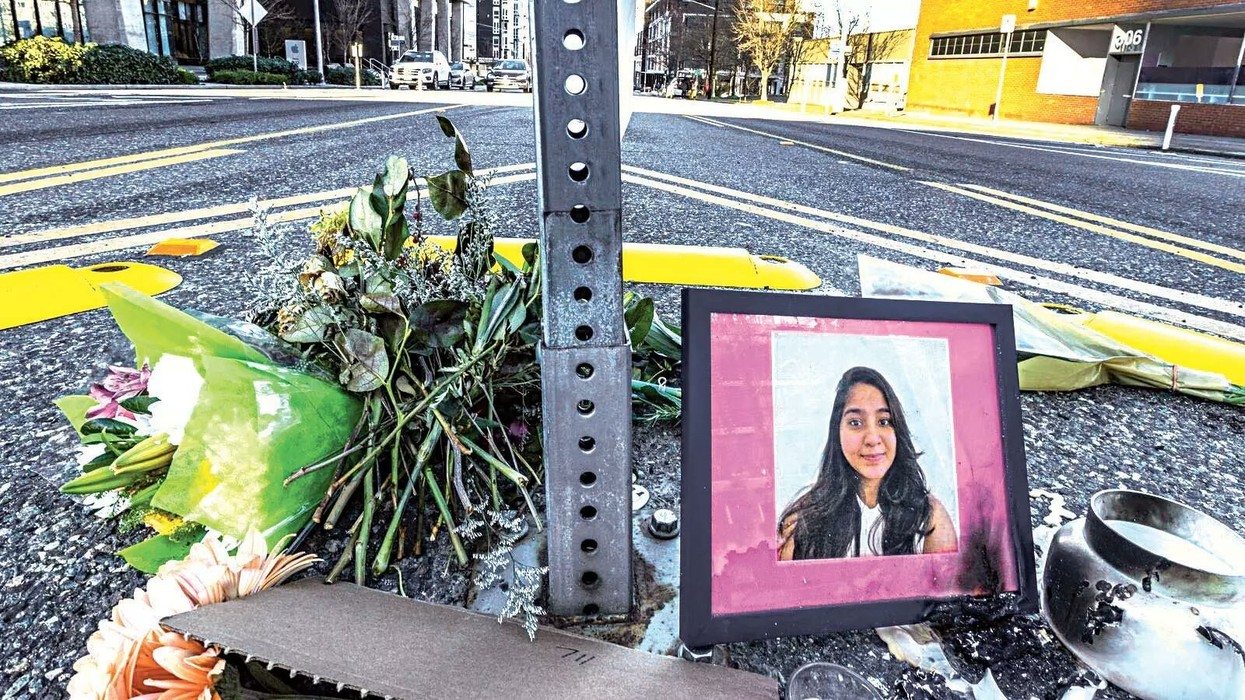Highlights:
- Sheikh Hasina received a death sentence for crimes against humanity tied to the 2024 student protests.
- She was tried in absentia and is currently living in exile in India.
- The tribunal said she ordered attacks using drones, helicopters, and lethal weapons.
- A co-accused former police chief was pardoned after cooperating with the court.
- Up to 1,400 people were killed during the “July Uprising,” according to a UN report.
Former Bangladesh prime minister Sheikh Hasina, who was in the headlines of Bangladeshi media for a long time for causing the upheaval in the political scenario of the country, has been sentenced to death by Bangladesh's International Crimes Tribunal. The court ruled that she committed crimes against humanity during last year's student movement, which helped topple her Awami League government.
Hasina had fled the country on August 4, 2024, as protests grew. She and former home minister Asaduzzaman Khan Kamal were tried in absentia and declared fugitives. Former police chief Chowdhury Abdullah Al-Mamun was originally on trial but later cooperated with investigators and received a pardon.
Sentence of death
The tribunal led by Justice Mortuza Majumder said the three acted together to carry out violent attacks on protestors across the country. Mamun avoided punishment after admitting his involvement and apologizing to the court and the public.
According to the judges, the government ignored student demands and instead escalated tensions. The court stated that Hasina's comments calling students Razakars (a term used for volunteers who helped the Pakistani army in the Liberation War of 1971) triggered more anger and protests on campuses. It concluded that she then ordered security forces to target demonstrators.
Witnesses testified that groups linked to the Awami League, including the Chhatra League and Yuva League, were involved in assaults on Dhaka University students. The court added that, “Sheikh Hasina ordered law enforcement agencies to use drones to locate congregating protesters and helicopters and lethal weapons to kill them.”
Charges on Hasina & Mamun
The tribunal found Hasina guilty on three charges: incitement, ordering killings, and failing to stop violence. Judge Golam Mortuza Mozumder announced, “We have decided to inflict her with only one sentence -- that is, the sentence of death.”
Hasina, Kamal and Mamun had faced five total charges, including murder, attempted murder, torture and other inhumane acts. A major accusation claimed that Hasina ordered the 'extermination' of protestors. A United Nations report estimates that up to 1400 people were killed between July 15 and August 15 during the 'July Uprising.'
Current exile of Hasina
Hasina is currently in India and has not returned to face the tribunal. Bangladesh's interim government, led by Muhammad Yunus, has asked India to extradite her, but there has been no response.
Ahead of the verdict, Bangladesh increased security nationwide. The Dhaka Metropolitan Police Commissioner issued shoot-on-sight orders for anyone involved in violence. Army, border guards, and riot police were stationed across the capital as streets emptied of fears of unrest.
